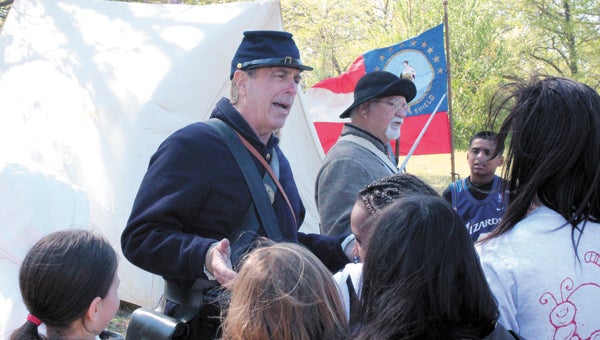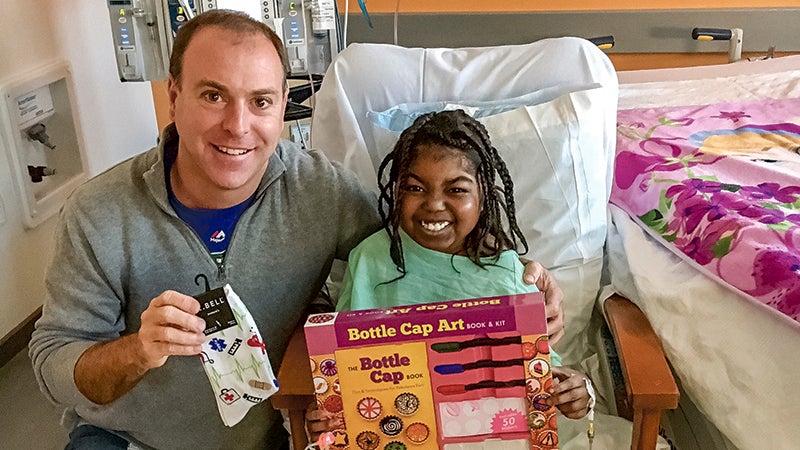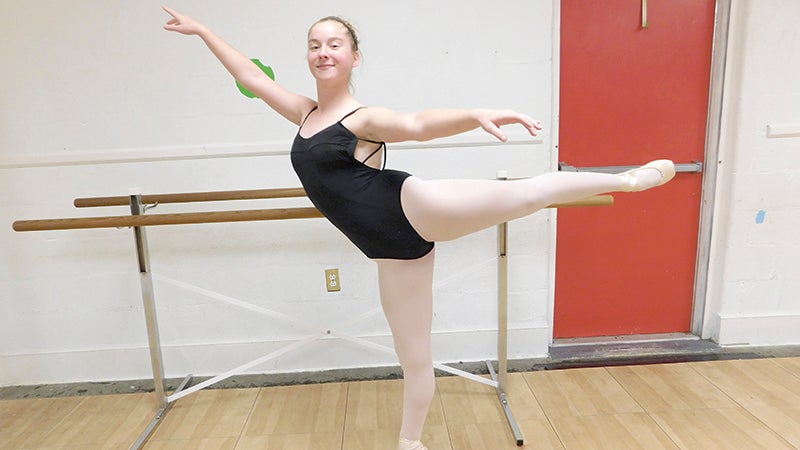Civil War comes to Oakland
Published 10:29 pm Wednesday, April 23, 2014

At Oakland Elementary School on Wednesday, Civil War re-enactors Jim Mayo and Wayne Taylor show Ashley Christopher’s fifth-grade class the often-harsh realities of life in a Civil War camp.
What was life like for soldiers in the Civil War? Oakland Elementary fifth-graders found out Wednesday when re-enactors visited the school.
Bringing the Standards of Learning vividly to life, Jim Mayo and Wayne Taylor, members of the Portsmouth Rifles re-enactors’ group, presented a troop encampment on the edge of the playground.
“We do this every year,” Mayo said, “just to give the kids a little bit of a first-person education on history. It gives them a connection and gets them interested.”
Taylor explained the hazardous life of the flag bearer, which was important for both practical and symbolic reasons.
When dust and smoke were thick in the air, reducing visibility dramatically, “the enemy would always use the flag as a point to shoot at,” Taylor said.
“Nobody could see each other … but you can see that fancy flag on the other side. So a flag bearer that made it through the battle was a very lucky guy.”
Mayo plucked three student volunteers — Daeshawn Lafond, Bree Aston and Raeshaad Owens — to show how the soldiers kept warm on bitter-cold nights.
“You’d be surprised how close you could get when you are cold and wet,” Mayo said, as his volunteers, lying on their sides on the rough blanket, were careful not to get too close.
“You got close, and the body heat saves you,” Mayo advised.
Next, Taylor explained that a “big old ditch” a ways away from the camp served as the bathroom, eliciting gasps, and Mayo produced a piece of hardtack, which the children passed around.
“The only way you could eat it was to put it in your coffee and soften it up,” Mayo said.
“Everything they had tasted terrible. If they got a cake or a pie, or something like that, they just loved it.”
The soap the troops used also drew a strong reaction. “The government would issue soap,” Mayo said. “It’s made out of pig fat. These guys didn’t bathe a lot, and that made them sick a lot, too.”
The children always come up with a lot of questions, Mayo said, adding, “The kids are pretty smart.”
“They are interested, and you never know what they are going to ask you,” Mayo said of the children. “One little girl asked me one time, ‘What would they do if they had irritable bowel syndrome?’
“This is things that they just don’t teach in school.”





